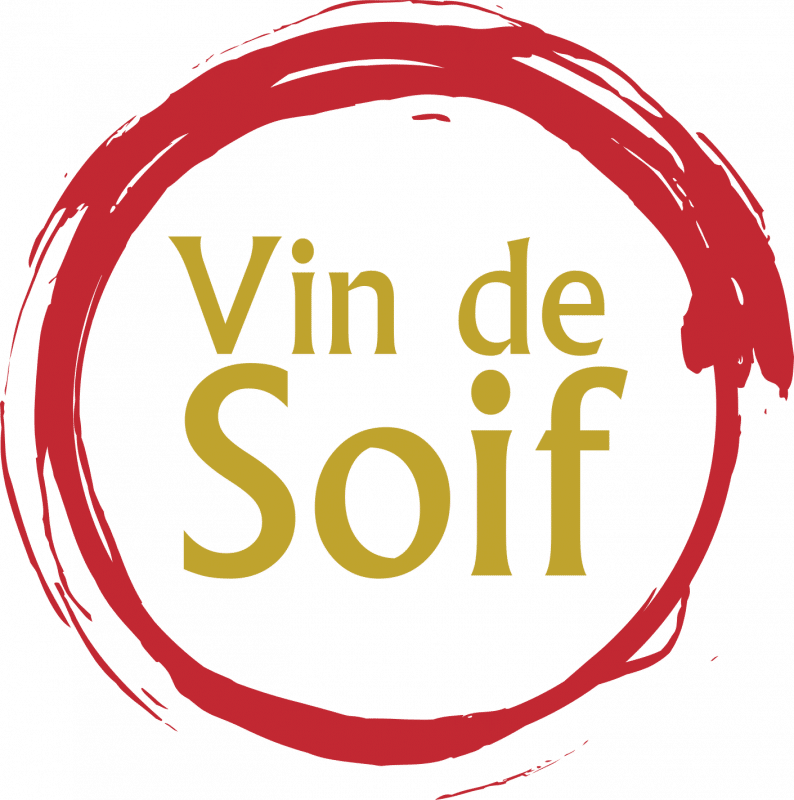Wine Education
From Beginner to Expert: Wine Education Options for Every Level
As a wine enthusiast, you may be interested in deepening your knowledge and understanding of this fascinating beverage. Whether you are a beginner looking to learn the basics or an experienced taster looking to expand your horizons, there are various wine education options available to you. In this article, we will explore some of the different ways you can learn about wine, including in-person classes, online courses, and self-study materials.
The ”gold standard” for wine education is the Wine & Spirit Education Trust, or WSET. Founded in 1969, WSET has a mission to provide wine and spirit education to professionals and enthusiasts around the world. The organization offers a range of certification programs, ranging from beginner to advanced levels, that cover a variety of topics including wine production, wine tasting, and wine pairing.
WSET’s courses are taught by qualified instructors and are held at designated WSET schools and approved providers around the globe. Each level of WSET certification is accompanied by a thorough exam, and successful candidates are awarded a WSET certificate and lapel pin.
Wine Education WSET’s four levels of certification:
- Level 1: an introduction to the world of wine suitable for those starting a wine career or seeking a foundational level of wine knowledge.
- Level 2: an intermediate-level qualification that provides a detailed understanding of wine and spirits suitable for those working in the industry or for enthusiastic consumers.
- Level 3: a comprehensive and detailed program for those seeking a high level of wine knowledge, suitable for professionals in the wine industry or wine enthusiasts.
- Level 4: the most advanced level of WSET certification, covering the production, history, and service of wine and spirits in great depth. This program is suitable for those seeking a high level of expertise in the wine and spirit industry, or for those looking to specialize in a particular area of the industry.
If you are interested in pursuing WSET certification, the IWEG (Independent Wine Education Guild) Drinks Academy offer courses in Toronto and Ottawa. Alternatively, Adventure in Wine offers virtual courses with samples delivered to your door.
Besides WSET, the International Sommelier Guild offer wine education particularly geared toward those with an interest in a career in the hospitality industry. The Somm Factory in Toronto has become a popular spot and Algonquin College in Ottawa offers similar programs. Less formally, companies like The Wine Sisters or Groovy Grapes offer in-home or corporate classes to help you understand more about wine without the pressure of studying!
Wine appreciation clubs are another option for in-person wine education. Clubs like the Wine Tasters or Toronto Vintners Club host tastings and other educational events. They can be a great way to meet other wine enthusiasts and learn from each other. Most cities have at least one wine appreciation club, and you can often find information about these groups online or from other enthusiasts.
If you prefer the convenience of learning from home, there are also many online wine education options available. Online courses and programs can be a great way to learn about wine at your own pace and on your own schedule. For example, the BIVB offers a 90-minute e-learning course on the wines of Burgundy, and the Comité Champagne offers something similar. The Rioja Wine Academy even provides a free online program that is in 10 sections and includes a final exam!
In addition to online courses, there are many self-study and reference materials available. The Oxford Companion to Wine, by Jancis Robinson, is the arbiter for many wine arguments and one of my go-to favourites. Books, podcasts, and other resources can be a great way to learn about wine at your own pace and in your own time. When choosing self-study materials, it is important to consider your level of knowledge and what you hope to learn. For example, if you are a beginner, you may want to start with a basic guide to wine that covers the fundamentals, such as grape varieties and wine regions. If you are more experienced, you may want to focus on more advanced topics, such as wine pairing or wine tasting techniques.
No matter what your goals or learning style, there is a wine education option that is right for you. Whether you choose WSET certification, in-person classes, online courses, or self-study materials, the most important thing is to find a path that fits your needs and interests. With a little bit of effort and dedication, you can deepen your understanding and appreciation of wine and become a more confident and knowledgeable wine enthusiast.

